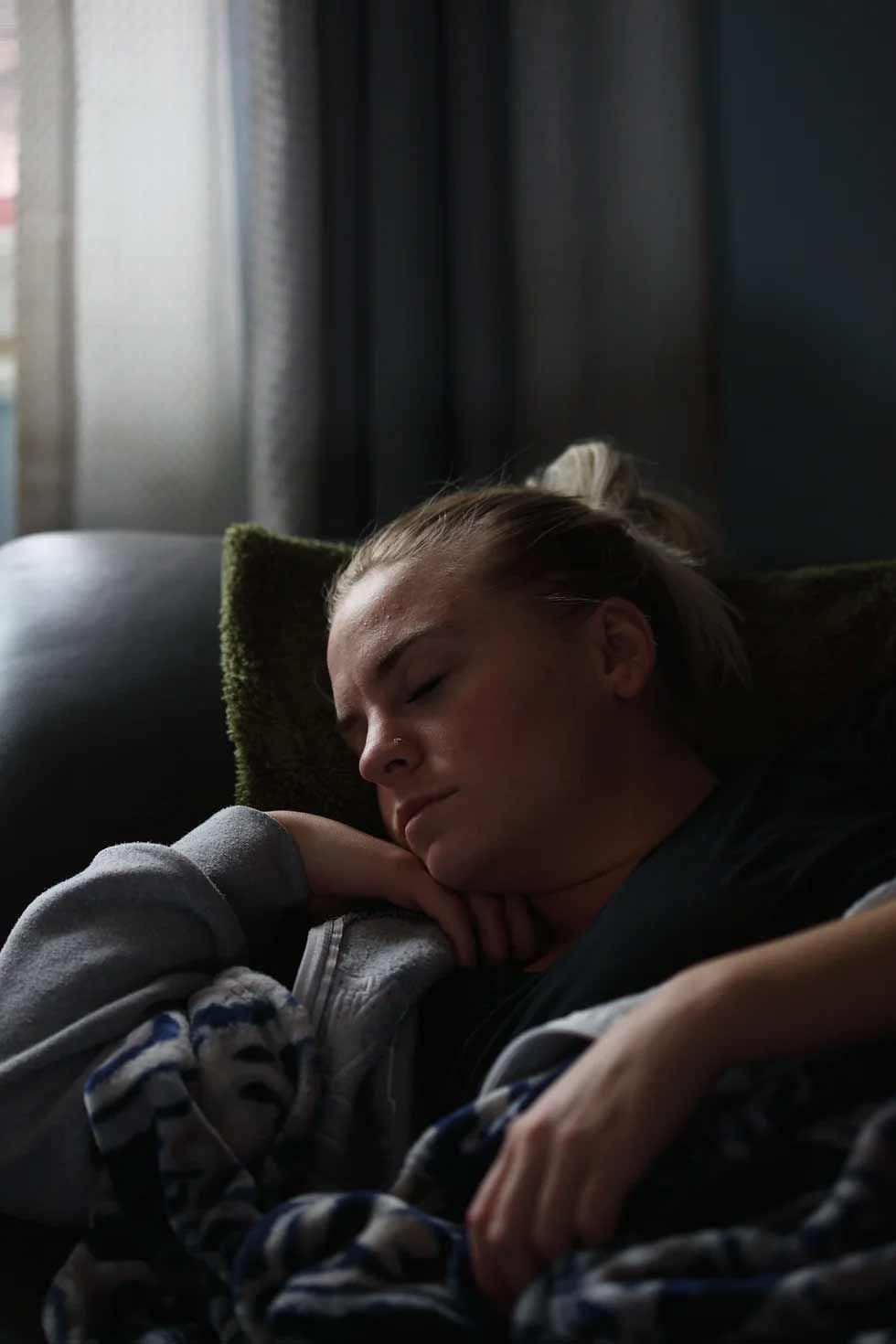Improve Your Mental Health with Better Sleep Hygiene
- Viktoriya Fine
- Oct 7, 2024
- 3 min read
Updated: Apr 10
In today's fast-paced world, taking care of our mental health is more important than ever. One aspect that often gets overlooked but can significantly impact our mental well-being is sleep hygiene. The way we prepare for and structure our sleep can have profound effects on our mood, stress levels, and overall mental health. Let's dive into some simple but effective practices to enhance your sleep hygiene and, in turn, boost your mental health.

Establish a Consistent Sleep Schedule
One of the key components of good sleep hygiene is maintaining a consistent sleep schedule. Try to go to bed and wake up at the same time every day, even on weekends. This routine helps regulate your body's internal clock, making it easier to fall asleep and wake up naturally. By syncing your sleep schedule with your body's natural rhythm, you can promote better sleep quality and improve your mental clarity throughout the day.
Create a Relaxing Bedtime Routine
To prepare your body and mind for sleep, establish a calming bedtime routine. This could include activities like reading a book, taking a warm bath, or practicing relaxation techniques such as deep breathing or meditation. By winding down before bed, you signal to your brain that it's time to relax and transition into sleep mode. Avoid screens and stimulating activities in the hour leading up to bedtime, as these can interfere with your ability to fall asleep peacefully.
Optimize Your Sleep Environment
The environment in which you sleep can greatly impact the quality of your rest. Make sure your bedroom is conducive to sleep by keeping it dark, quiet, and cool. Invest in a comfortable mattress and pillows that provide adequate support for your body. If external factors such as street noise or light pollution disrupt your sleep, consider using earplugs, blackout curtains, or a white noise machine to create a restful atmosphere.
Limit Stimulants and Alcohol
Consuming stimulants like caffeine and nicotine close to bedtime can interfere with your ability to fall asleep. Try to avoid these substances in the hours leading up to bedtime to prevent disturbances in your sleep pattern. While alcohol may initially make you drowsy, it can disrupt the later stages of sleep, leading to poorer overall sleep quality. Limit alcohol intake and consider winding down with herbal tea or warm milk instead.
Stay Active During the Day
Regular physical activity can positively impact your sleep quality and mental health. Engaging in exercise during the day helps regulate your circadian rhythm and promotes feelings of relaxation. Aim for at least 30 minutes of moderate exercise most days of the week to experience the benefits of improved sleep and reduced stress. Just make sure to avoid vigorous exercise close to bedtime, as it may have the opposite effect and make it harder to fall asleep.
Improving your sleep hygiene is a powerful way to support your mental health and overall well-being. By incorporating these simple yet effective strategies into your daily routine, you can enhance the quality of your sleep, reduce stress levels, and boost your mood. Prioritize your sleep, and watch as your mental health flourishes. Sweet dreams and a healthier mind await you!
Remember, small changes in your sleep habits can lead to significant improvements in your mental health over time. Take the first step towards better sleep hygiene today and reap the benefits of a well-rested mind and body!
Explore the comprehensive care options provided by Adult Family Health Services, including specialized medication management services. Discover more about our offerings by visiting our website or reaching out to us via phone at 973-773-7600. Unlock the support you need for your health journey today.


Comments